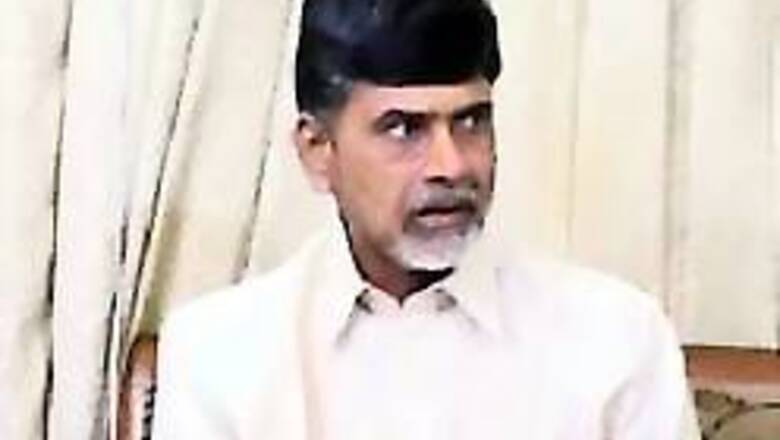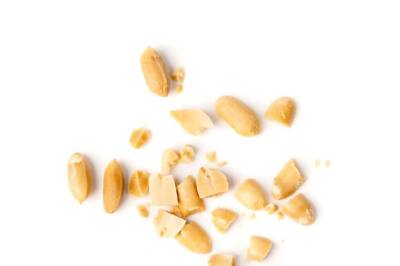
views
New Delhi: Uttar Pradesh Chief Minister and Samajwadi Party Chief Mulayam Singh on Saturday joined hands with the Telegu Desam Party (TDP) to bring a no-confidence motion against the UPA on the Iran issue.
TDP President and former Chief MInister of Andhra Pradesh Chandrababu Naidu on Saturday held a closed-door meeting with Mulayam Singh in Lucknow.
Joining the opposition attack against the government for opposing Iran's nuclear programme at the recent IAEA meeting, Naidu said the UPA government had acted against the spirit of non-alignment with its stand at the meeting of the global nuclear watchdog.
"We have the muslim population in a big way. We have to carry everybody in this country for our future development and also our development. This is the biggest issue. There is a no-confidence motion on this. We will support Mulayam Singhji," Naidu said.
Although the two leaders joining hands on the IAEA issue does not pose a direct threat to the government, however, it is a clear signal that Mulayam Singh is out to play vote bank politics.
Naidu has for long supported the BJP camp. But as he becomes an important ally of the SP, efforts are on to form a third front. This alliance is particularly important in light of the forthcoming elections, which are due in 2007.
Meanwhile, Mulayam Singh says his stand on the IAEA issue would not change: "When Parliamentary Party leader Mohan Singh has publicly made the announcement (on the no confidence motion), the Samajwadi Party will not retract from it." Mulayam Singh said.
The proposed no-confidence motion was in compliance with the Mulayam's promise made to the public at a joint rally with the left parties recently.
He said Naidu's support on the matter was the beginning of his party's endeavour to elicit support of other secular parties on the issue.
CNN-IBN's Surya Gangadharan says India is going along with the international community on this vote. Russia and China, which are Iran's biggest backers, are in favour of this resolution. And atleast for the next one month, the issue is likely to stay within the IAEA, provided Iran comes up with suitable answers.



















Comments
0 comment